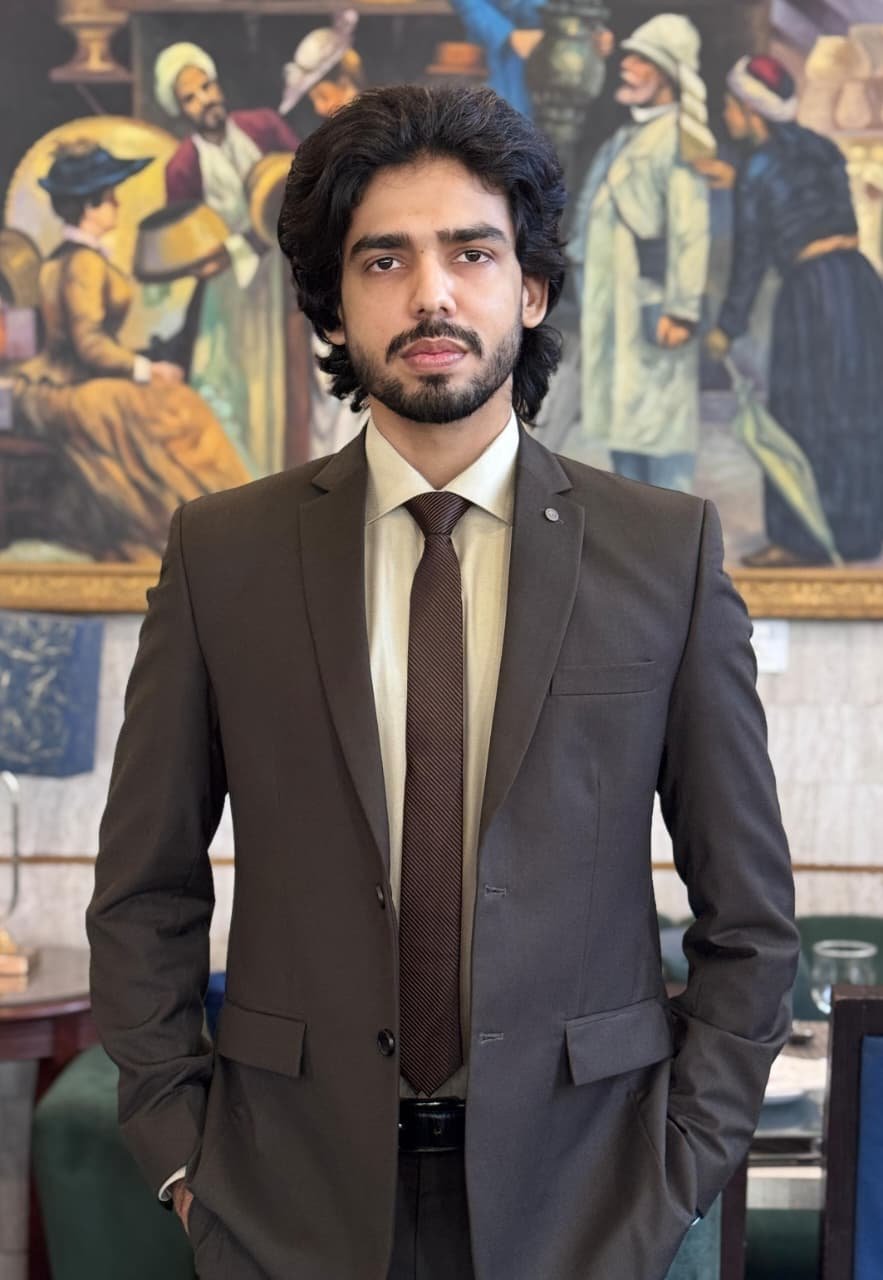Khadim Hussain Chakrani
Mahmoud Darwish’s words still echo through the rubble of Gaza: “Where should we go after the last frontiers? Where should the birds fly after the last sky?” These questions are no longer poetic—they are urgent cries from a people caught in a cycle of violence and fragile ceasefires. The peace plan unveiled by former U.S. President Donald Trump and Israeli Prime Minister Benjamin Netanyahu, touted as a way forward, has instead raised new and pressing concerns about who will hold Israel accountable if it violates the agreement once again.
Since the war erupted on October 7, 2023, Gaza has endured devastating losses: over 50,000 to 60,000 Palestinians killed, including more than 15,600 children, and nearly two million displaced. In this environment of loss and despair, the Trump-Netanyahu 20-point plan was presented as a framework for ending the violence and rebuilding. Yet, many Palestinians see it not as a genuine peace accord, but as a top-down arrangement lacking the safeguards necessary to prevent future bloodshed.
Most notably, Hamas—once excluded from the negotiations—has now conditionally accepted parts of the plan, specifically those allowing for a phased ceasefire and the release of hostages in exchange for prisoners. This acceptance, however, is far from wholehearted endorsement. Rather, it reflects a strategic move by Hamas to secure immediate humanitarian relief and political leverage. But the overarching question remains: if Israel breaks the terms again, who will ensure accountability? Hamas and Palestinian leaders have made it clear that without binding international guarantees—especially from Muslim nations and the broader global community—they will not be bound indefinitely to a fragile and potentially one-sided deal.
This demand for guarantees stems from deep mistrust. Palestinians have seen repeated cycles of ceasefires and broken promises, each followed by renewed violence and further displacement. The peace plan’s proposal to establish a “Board of Peace” overseen by figures such as Trump and Tony Blair, both perceived by many Palestinians as biased, fuels fears that enforcement mechanisms will favour Israeli interests while sidelining Palestinian sovereignty. Even the United Nations has distanced itself from the initiative, pledging support only for humanitarian efforts and emphasizing that it is not a guarantor of the plan’s terms.
The international reaction has been mixed but largely critical. While the prisoner exchange marks a milestone in halting immediate violence, widespread protests continue globally, from Paris to Jakarta, demanding not just a ceasefire but a lasting end to Israeli occupation and recognition of Palestinian statehood. The narrative around Israel has shifted dramatically, with more countries recognizing Palestine and holding Israel accountable for alleged violations of international law. Yet Palestinians fear that the peace plan might be little more than a tactical pause—a way to relieve diplomatic pressure on Israel without addressing the underlying issues of justice, sovereignty, and rights.
Within the Muslim world, there is growing concern about the durability of this fragile agreement. Hamas has called upon Muslim leaders to provide guarantees that Israel will honor the ceasefire and refrain from further aggression. This unprecedented request highlights the widespread anxiety about what might happen once the immediate crisis passes. Muslim nations, from Turkey and Pakistan to Egypt and Indonesia, are now debating what role they can or should play in guaranteeing peace and security. Iran’s offer to join broader security frameworks signals a rare moment of potential unity, but it remains to be seen whether this translates into effective diplomatic pressure or concrete guarantees.
For Palestinians, the stakes could not be higher. They have endured decades of broken agreements and imposed terms that failed to bring dignity or justice. The current peace plan, despite its branding, risks becoming another instrument of control if it does not include meaningful Palestinian participation in governance and reconstruction. The call from Hamas and other leaders for binding, enforceable guarantees reflects a fundamental mistrust born of historical experience—one that no mere verbal commitment can easily dispel.
The pressing question today is not whether peace is desirable—everyone wants an end to bloodshed—but who will be held responsible if this peace is broken again? Will international actors step up to enforce the agreement and protect Palestinian rights? Or will Palestinians be left once more vulnerable to renewed violence under the guise of diplomacy?
As the world watches, Gaza stands at a crossroads. The tentative ceasefire and hostage releases offer a momentary reprieve, but without credible guarantees and inclusive political frameworks, this calm risks becoming just another painful pause. Palestinians need more than management; they need justice, autonomy, and international commitment to uphold their rights. Until that happens, Darwish’s questions remain unanswered—and the pain will continue.
Legal and Political analyst
Gmail: lalakhadimhussain110@gmail.com
















